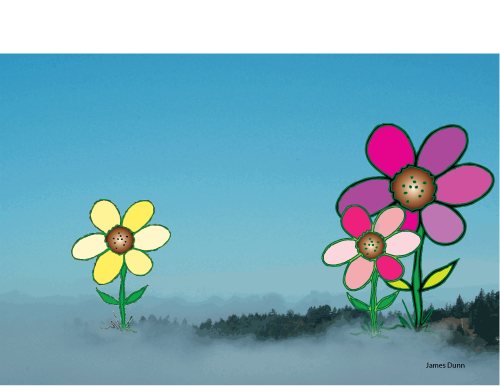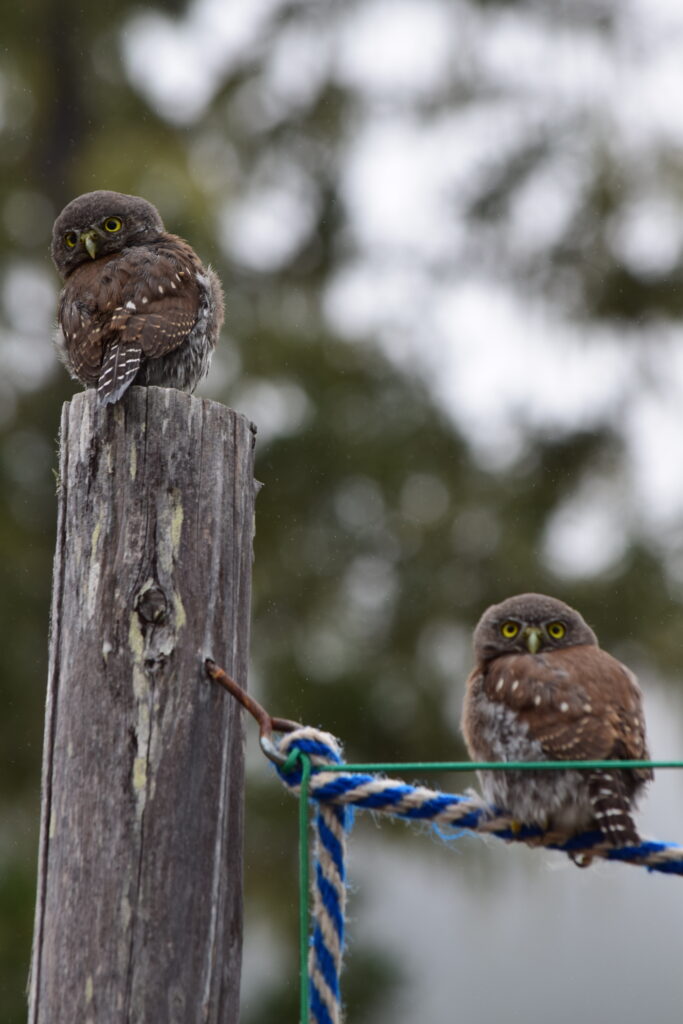Prefer to read rather than listen to the Why Love Fails audiobook? We have you covered. You can read the entire Introduction chapter here for free. Then check out the first few pages of chapters on Sex, Monogamy, Money, Children, Smell, Music and Sports. We invite you to order the audiobook at any time. The audiobook includes 46 parodies of popular songs about love, and comes with the PDF book for readers, plus bonus fun videos.

Introduction: Why Love Fails: When Love Flowers
For most people, finding love ranks as the most important mission of their lives. Nothing else compares – not work, career, fame or fortune. Love matters more than all those. If we are lucky enough to find love, it arrives usually by fluke, by happenstance. It is extremely difficult to find a healthy love, the love of our lives. We stumble around in darkness and stub our toes on love. Our friends set us up on a blind date that turns out well by surprise. We run into somebody in the grocery store or at work and the encounter turns to magic.
Sometimes partners seem to attract each other mystically, thrown together by some astrological arrangement or divine orchestration. Their psyches mesh and their bodies entwine beautifully. Love blooms and occasionally lasts forever or until the death of one makes them part.
Maybe we follow that love and it glows, matures, turns into long-term commitment and even marriage, whether we are straight or LGBTQIA+, conservative or liberal, religious or secular. Love may sour and crash. Then we start anew, hoping that next time turns out better, that we learn from loss and disappointment, and we put all that practical education, even a touch of wisdom, into a better shot the next time.
More likely, we act on whatever dizzying initial attraction sends us hurtling into a new dating round, and we make similar choices and bungles. Perhaps all goes well for awhile then collapses again.

After a few years or decades of bruising attempts at love, some folks become cynical and retreat. They may live the rest of their lives alone, giving up on love and romance, settling for a few friends and pets as companions. Some defeated lovers gain 50 or 100 pounds, making themselves feel unattractive as a strategy for sealing off the possibility of a new round of love. Sad as this path is, it avoids further pain and anguish in the realm of romance, but creates a different form of pain and anguish in longing, resentment, loneliness, cynicism and health risks. The decision to remain alone skirts humiliation and despair that often accompany loss of love.
A huge number of people remain in relationships, including marriages, where love has failed, but they are afraid to leave. Neither partner moves to separate, perhaps out of inertia or fear of being alone. The couple maintains an unhealthy structure in place, largely devoid of love, sometimes mutually cranky at each other for years, sometimes rising to verbal abuse. The pattern is not good for anyone.
This sad and common predicament, giving up on the best life offers in love, comes at great cost to heart and soul. Why Love Fails, When Love Flowers can help you understand your values and needs, as well as factors that make you miserable or happy in romance. The book, in the form of musical parody and audio conversation, or as an ebook with song parodies combined, can serve as curriculum for a fast-paced semester in a college or high school course on relationships. Though some of the material requires greater maturity than is found in most high school students, an introduction to the challenges of intimacy is ideal at this stage of life.

The accompanying music parodies draw from current pop songs, oldies and classics. All this playful material, sometimes goofy and whimsical, aims to further insight into intimacy in a lighthearted way. For many people, love songs and breakup songs resonate in the heart. We relate to them emotionally. Twisting the lyrics around can point the way to fresh understanding – and a sense of humor about love.
The question, “Why,” comes straight out of childhood curiosity. Tell a child that it’s time for bed and she may ask, “Why?” Because she’s tired. She says, “Why?” Because she played hard in the park. “Why?” Because she has tons of energy. “Why?” Because she ate a healthy breakfast . . . and on and on. The “why” sequence can go on forever. Why Love Fails, When Love Flowers looks at love and asks: Why does love fail? Why this time with this partner? Why with that partner? Why and how does love fail even while spouses stay married?
Love fails almost always due to lack of consciousness by one or both partners. Sometimes it fails as a result of an accident, disease or other outside factor. But mostly it’s about consciousness.
These pages detail factors that put everyone at risk for losing in love. As you listen or read, you will have moments of revelation as you reflect back on relationships you had and discover what went wrong. You may gain insights into a current relationship. The more you understand your personal relationship patterns, the better your chances of success in the present or next opportunity. The more you glimpse errors you made in past connections, the more savvy you will be when the next chance for love arises.
Many romances begin with sexual attraction. Sex is not usually complicated, though the chapter on sex will reveal numerous elements that can go off track sexually and ruin a good start. Love, more complex than sex alone, happens almost on its own – it finds us. But other components of a relationship, dozens of them, if not handled well, wreck the love and sex. When a relationship fails, many folks have only a vague sense of what went wrong or why. They simply feel failure, defeat and stinging loss.

Sometimes love collapses for an obvious reason, such as: he or she cheated or committed financial fraud. When a departing person says, “It’s me, not you,” that line usually is intended to make the person being left feel better, and the person leaving not feel like a jerk. But the parting line rarely makes the abandoned person feel better. Unless the person leaving has found a new lover, almost always the cause of the breakup is qualities or behaviors of the other partner. The internal calculation is simple: I can find another partner who is better for me than you; my life would be better without you.
Leaving for a new lover who is already in the picture implies that the new person is viewed as improving on one or more troubling issues in the current relationship, such as stronger sexual attraction.
A more truthful departing message might be, “It’s you, that’s the reason I’m leaving. You gained weight. You’re too smart and you make me feel inadequate. You’re an alcoholic. You’re unwilling to stop smoking and I hate it. You’re an opioid addict. You’re polyamorous and I need somebody who wants only me. You’re a horrible lover. Your breath stinks. You have no sense of humor. You can’t dance. I can’t stand the way you wiggle your ass when you pee. You’re wasteful with money and we can’t save a nickel. You watch football every Sunday and ignore me. You play video games nonstop. You don’t like my kids. So there. That’s the way it is. I should have left years ago because nothing ever changes.”
Then the door slams. A few weeks later, if the couple is married, a stranger knocks at the door and serves papers for divorce. Ugh.
People who do not feel sufficiently attractive to find a new partner rarely leave – they stay put.
Why Love Fails, When Love Flowers offers a better route to love and relationships based on self-awareness accompanied by awareness of a partner, and describes how the blending of two lives works or doesn’t work. Creating partnership is both art and science, and we can improve in both realms. If we enter a new love equipped with more refined understanding, our chances of success rise sharply. We drop illusions and hopes that will never materialize. We make better choices both of partner and of actions we take as we get to know that partner.
Whether you are currently in a relationship or have lost one recently, these stories will help you ward off the next failure and perhaps keep love and happiness growing for years.

Despite formidable challenges in creating a good relationship that lasts, it is possible. Love does happen, and it can be thrilling, beautiful and enchanting when it does.
In some respects, finding a love that works is a matter of odds. There are plenty of single people out there, but the odds of finding an ideal match are low. Let’s start with 100,000 adults you might run into as life unfolds. If you are a heterosexual woman, then about half those encounters are with men. That factor alone drops the pool to 50,000.
Suppose that roughly one out of 10 prospective partners you meet on average holds any sexual attraction for you. Maybe you are highly selective, and that ratio is even lower in your case. The pool of possible mates has shrunk to fewer than 5,000.
Let’s assume you are financially responsible, and you only want to date men who are able to manage their finances. How many people are typically in that category? Let’s say seven out of 10 of the remaining prospective partners are in the group of men with whom you want to be involved, leaving about 3,500.
Are you religious or spiritual, and does that faith guide your choice of a mate? Out of 10 people you encounter by chance, how many have religious or spiritual beliefs that could be compatible with your own? Maybe half? OK, that brings our pool of partners down to about 1,700.
What other key relationship qualities are essential for your happiness in a love connection? Sensitivity? Communication skills? Responsible and limited use of alcohol, drugs and tobacco? Lack of addictions?
We are not looking for qualities that you can accept in a partner, but those that are deal-breakers.
Sometimes people start a relationship based on early physical attraction or camaraderie then find within a few months that habits of the other person drive them nuts. Maybe it’s constant flirting with other prospective partners, or continuing to visit online dating sites. Maybe it is addiction to cocaine or methamphetamine.
Maybe it’s rude or angry driving – intense and frequent road rage. Let’s assume half the current prospects don’t have habits that repel you, leaving us with 850.
Then estimate that about half of people you encounter by chance have sensitivity, an ability to talk easily with you. Half the remaining group have levels of use of alcohol or other substances that match your own. This selection round brings the number of prospective partners first to 425, then to 212.
We started with 100,000 possible adult encounters. We have narrowed the field of relationship candidates to only 212 by going through just seven factors that are important to almost everybody who wants a romantic partner. That group of 212 remaining prospects represents only two tenths of one
percent.
Of course, all you need is one – the one true love.
Why Love Fails, When Love Flowers examines not just these seven critical ingredients of a successful match, but dozens of factors that can enhance or degrade a relationship. How important each factor is to a particular person, to you, varies immensely. As you listen or read about relationship factors, you can decide for yourself how much each factor matters to you, how to rate or rank it in a way that makes sense personally. Some factors won’t be relevant to you; other factors that another person might find insignificant you will elevate to extremely important. On the many routes to love, we are all different. We are all custom partners. This variability, distinctly personal needs and desires, is what makes finding love so challenging and often disappointing.

Take diet, for example. If you are willing to eat almost anything and have few dietary restrictions, this factor won’t be a big issue for you in selecting a love partner. If you eat only organic food, or you carefully restrict your dietary intake to cope with allergies, diabetes, gluten sensitivity or other health concerns, having a partner who aligns with you or conflicts with your food choices can make a major difference in how your relationship functions day to day. Does every meal become a test, a potential conflict? Can you agree on which restaurant to go to?
For some people, food is a big factor in romantic selection. Will you be able to cook for your mate; will he be able to cook for you? Do you like similar foods – barbecued ribs, pork rinds, Chinese, Mexican, Indian, fast-food, dessert? Are you vegan? Paleo diet? Vegetarian? All organic? Sugar-free? Love deep-fried foods? Do you pretty much eat anything that lands on the plate as long as it tastes good and doesn’t move? Food choices can be a source of fun and camaraderie or they can be a well of conflict and disagreement, cutting down or destroying mutual enjoyment.
There are certainly other factors than those covered here that can ruin a relationship, but major issues that wreck romance are addressed in these song parodies, audio conversations or pages. Reflect on your own past relationships and, if you are currently married or involved, your present life. Maybe you relate to many situations described here. What was your part in a breakup? Could you have handled it differently? Could you have been kinder, more accepting? How can you grow now by reexamining your own love history? Can you create love of high quality – beyond settling?
Though the book examines details of how love fails, its underlying spirit remains optimistic. Despite rampant wreckage along its path, love resurfaces and finds its own way. Love prevails and flowers, and we are grateful.